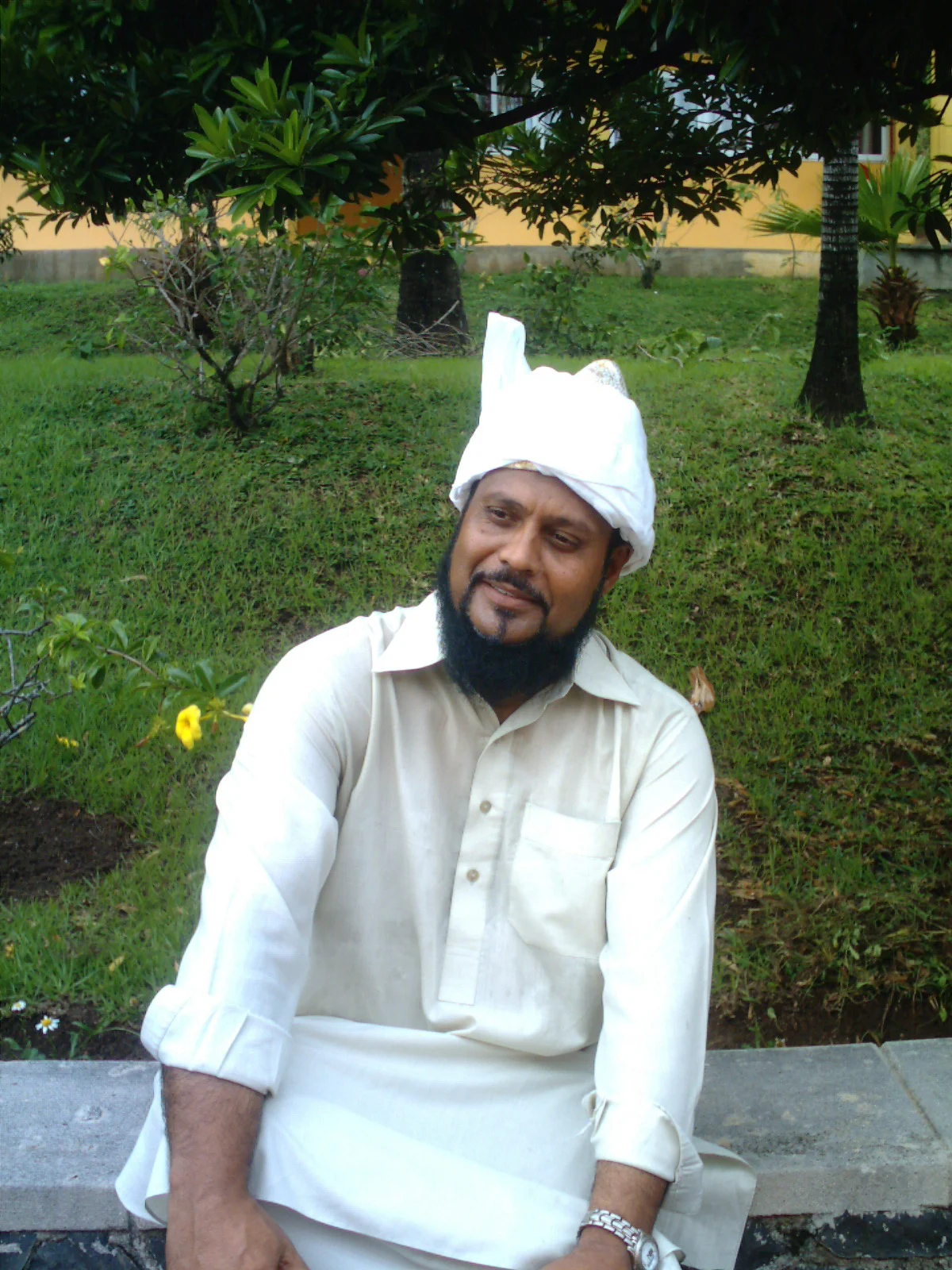 Islam has established a number
of fundamental rights, valid for all humanity and must be observed and
respected under all circumstances. To this end, Islam provides not only legal
guarantees but also a very effective moral system. Thus in Islam anything that
leads to the well-being of the individual or society is morally good, and
everything that is injurious to him/it is morally bad. Islam attaches so much
importance to the love of God and love of man that it warns against too much
formalism. We read in the Holy Qur’an: “Virtue does not consist in
turning your faces towards the east or the west; virtuous are those who believe
in God and the Last Day, the angels and the Book and the prophets, who give for
the love of God help to their relatives and to orphans and the needy and
travellers, and those who ask, who free captives, who observe prayer, who
practice alms-giving, who fulfill the commitment they assume, who show patience
in adversity, in hard times and in times of violence. Those are just and fear
the Lord.” (2: 178)
Islam has established a number
of fundamental rights, valid for all humanity and must be observed and
respected under all circumstances. To this end, Islam provides not only legal
guarantees but also a very effective moral system. Thus in Islam anything that
leads to the well-being of the individual or society is morally good, and
everything that is injurious to him/it is morally bad. Islam attaches so much
importance to the love of God and love of man that it warns against too much
formalism. We read in the Holy Qur’an: “Virtue does not consist in
turning your faces towards the east or the west; virtuous are those who believe
in God and the Last Day, the angels and the Book and the prophets, who give for
the love of God help to their relatives and to orphans and the needy and
travellers, and those who ask, who free captives, who observe prayer, who
practice alms-giving, who fulfill the commitment they assume, who show patience
in adversity, in hard times and in times of violence. Those are just and fear
the Lord.” (2: 178)
We have here a beautiful
description of the righteous and God-fearing believer, who obeys to (and
implements) the salutary precepts, but without ceasing to gaze upon the love of
God and love of as fellow human beings. We have received four precepts:
a) Our faith should be true and sincere.
b) We must be prepared to show it by acts of charity towards our fellow
human beings.
c) We must be good citizens.
d) Our soul must be firm and steadfast in all circumstances.
This is the criterion upon
which all individual behaviour is judged as good or bad. This criterion is
somehow the nucleus around which revolve all the elements that constitute the
moral conduct of each person. Before establishing moral precepts, Islam seeks
to firmly implant in man’s heart the conviction that he is in constant contact
with God who sees him at all times and in all places, that he can hide from the
world, but not of Him; he can fool anyone, but not God, he can escape the
clutches of anyone except God.














